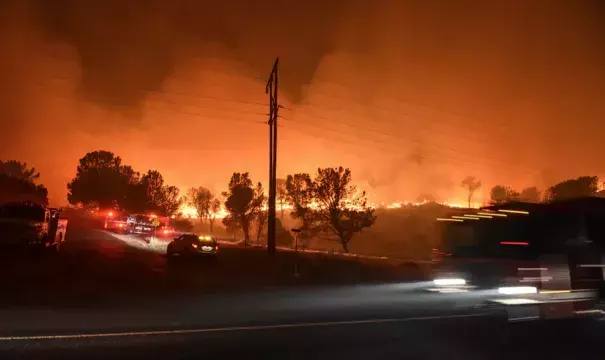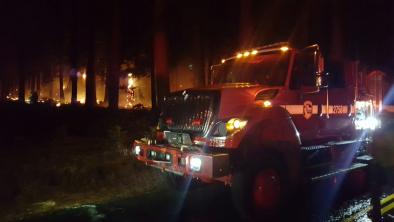Wildfires engulfing the west coast are fueled by climate change, experts warn

Wildfire experts said there are numerous indicators that warming temperatures have contributed to the fires by drying out vegetation and soils and causing an earlier spring melt of snow. Trees are also less resilient to fire due to infestations of beetles, which thrive in warmer weather.
Over the past 30 years there has been a fourfold increase in the number of large forest fires in the American west, while the fire season has grown by 84 days to 220 days in this time. The amount of area burned has ballooned by 1,200%, with areas such as the northern Rockies and the north-west particularly badly hit.
“Wildfire in forested areas is increasing dramatically, there are more opportunities for large fires,” said Dr LeRoy Westerling, associate professor at the University of California-Merced.
“In a lot of places the climate restricted fires, but now it’s all about fuel availability and we are seeing very large burned patches in areas that aren’t used to it. Each decade since the 1980s has seen a big increase in fire activity, and we don’t expect that trend to stop any time soon"
Related Content





